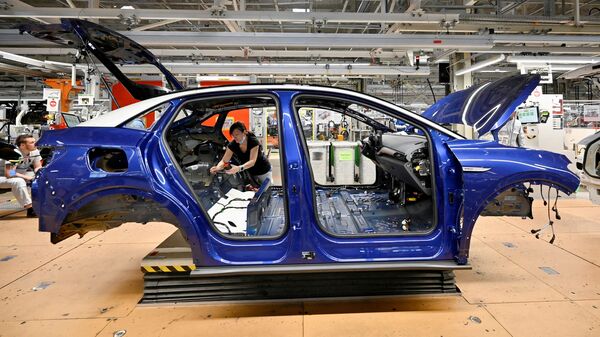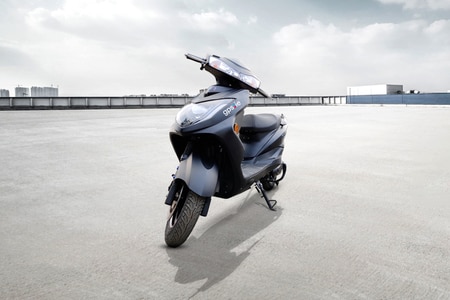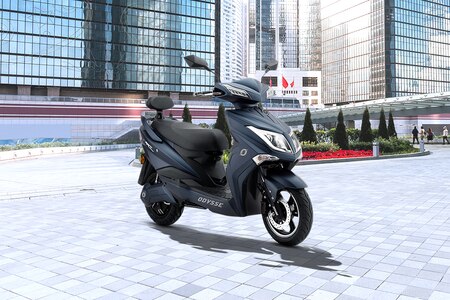One in every five cars sold globally is an EV. What does the future hold?


The International Energy Agency or IEA has released its World Energy Outlook 2023 report and underlines the rising dominance of mobility options that are powered by clean and renewable sources of energy. While the report predicts overall global emissions to peak by 2025, it also points to how clean energy sources will change the global energy system by the turn of this decade.
Highlighting how one in every 25 cars sold the world over in 2020 was an electric vehicle (EV), the IEA report states that this is now one in every five cars. This clearly points to the sheer pace of EV adoption in many parts of the world and paints an optimistic landscape for the years to come. The same report further predicts that going by the observed trend at present, 2030 could see at least 10 times the number of EVs that the world currently has.
Also check these Bikes
But it is not just about manufacturing, offering and buying electric mobility options. The IEA also points to cleaner sources of electricity as a key focus area and predicts that solar and wind energy will keep playing an increasingly more significant role with passing years. The share of fossil fuels like oil, coal and natural gas is expected to decline to around 73 per cent by 2030 from the present 80 per cent.
The report further highlights some of the country-specific predictions for 2030. It states that India is expected to produce 18 per cent of its electricity from solar by 2030, up from six per cent at present. In the United States, energy generation from renewable sources will be around 45 per cent by the turn of the decade, up from 22 per cent currently. In southeast Asia, 45 per cent of all two-wheelers sold by 2030 would be all electric and in the European Union, 65 per cent of all cars sold will be electric by the same time. China, the world's leading EV market, will see 100 million EVs on its roads by 2030.








 3.1 kWh
3.1 kWh 60 km
60 km

















